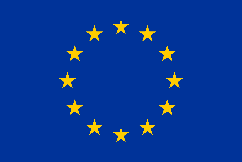As they fulfill the fiduciary duties of directors as well as board members, board members are charged with a lot of confidential information regarding their companies. Some of this information is private information, the disclosure of which is governed by laws and company policies while some of it is, especially in the case of businesses that are for profit is extremely sensitive and personal. Some of the information that is discussed in boardroom discussions is highly sensitive and crucial which can create an issue of trust when it’s time protect this information from leaks.
Leaks can be disastrous to any business and those involved, and may not only impact the financial performance of a company, but could also hurt the reputation of individual directors. The nature of the leak (and the circumstances that lead up to it), they may even expose directors to civil or criminal liability.
It is recommended that all signees are aware of what information must remain confidential and agree to abide by these terms. This means identifying the information that needs to be protected and clearly defining restrictions on disclosure. For instance, it may be that the information can only be shared with the sponsor of the company or other directors.
Additionally it is essential to include a robust and thorough Confidentiality Policy that is given to all directors (and their sponsors in the case of directors who are constituency) before they are appointed. This will assist them in understanding their responsibilities, and establish a culture where confidentiality is valued as an essential element of director responsibilities.
www.dataroomabout.com/how-to-protect-confidential-documents-for-boards-committees-of-association

